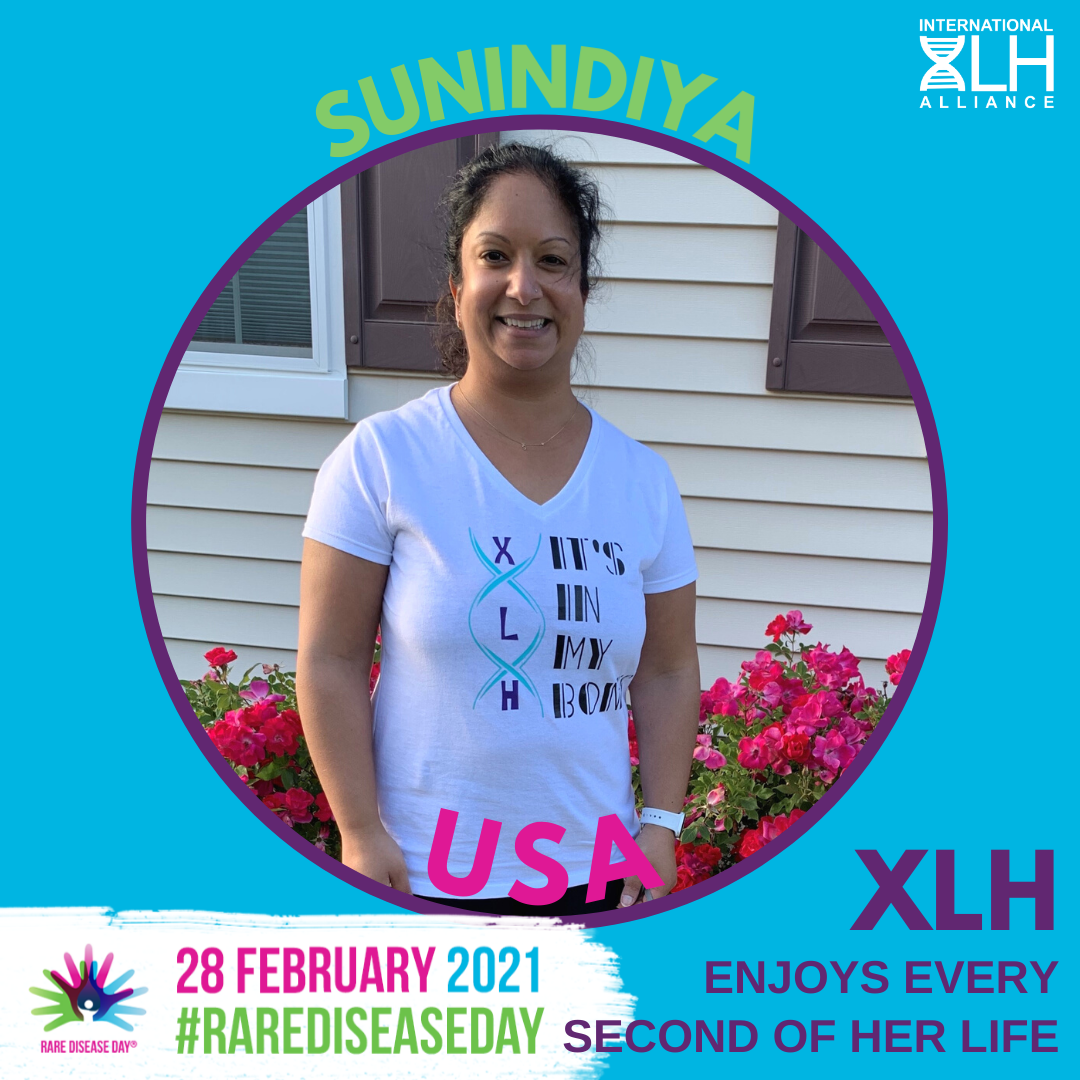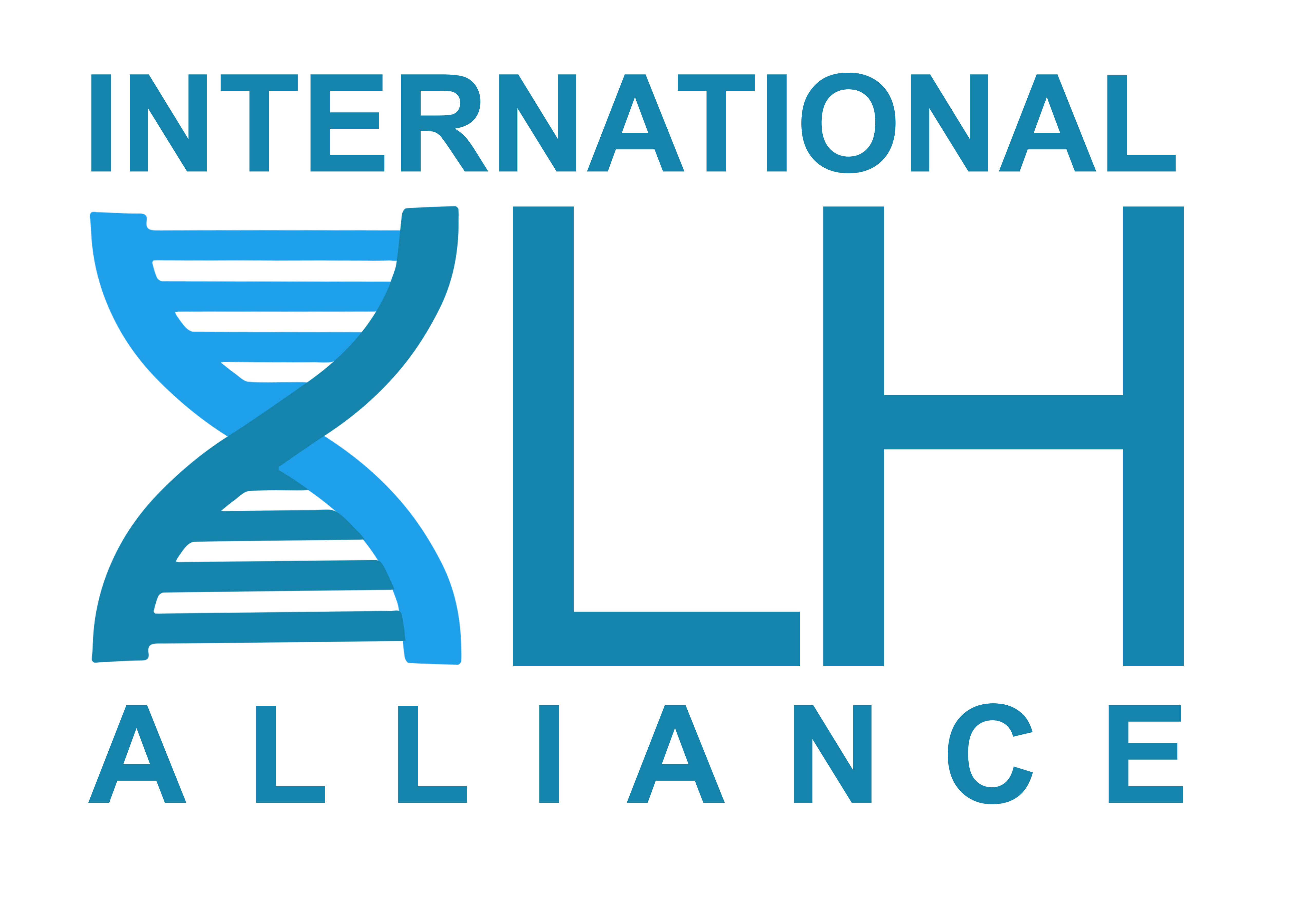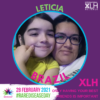
Seeing how easily my physical health is impacted by my XLH, I have come to the decision that I do not want to get pregnant. I am not afraid of raising a child with XLH, especially with the advances in medical science, and because I see how special people living with XLH are. However, I am worried about how my own body will be impacted given how easily the smallest thing, like falling, can have a big impact on my body. However, I have always wanted to be a mom. So, I have decided to adopt a baby and hope to start working on the process over the next year!
Growing up, I never knew a single person with XLH. When I turned 30, I had a big hip preservation surgery. At that time, I decided I needed to find a community for support and information. So, my doctor connected me with The XLH Network, Inc. The next year, I went to their annual XLH Day and I was amazed – to walk into a room full of people who looked like me, who felt like me, and who knew exactly what I was going through. Since then, I have made two of my closest friends from the people I have met because of my XLH.






